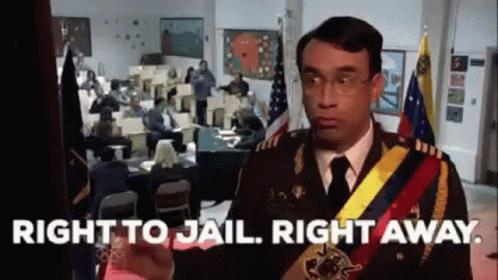As someone who just went through the process, here is what I discovered:
1. You can absolutely get a state license if you're not zoned for "retail." Zoning is different in each city and locale. Commercial means something different across cities/towns, as does industrial, etc. The ONLY requirement from the state is that you are not operating out of a residential area and that is "correctly zoned." If it's not residential, not in a school zone, etc. you're likely zoned correctly. You don't need a retail environment to be a state licensed arms retailer. This tripped me up for a good while because many will make it seem like you need a retail operation. You don't. Your ATF IOI checks if you're zoned correctly. If you got your FFL, there is a strong, almost guaranteed chance you'll qualify for the state license. It's highly encouraged you apply for the state license if only because it allows you to greatly diversify your business and you don't run afoul of the law as it's written, no matter how you interpret it. You can read the ownership of high capacity magazines as being exempt by having the 07 (manufacturing). But the AWB is firmly entrenched in the idea that you need a dealer's license.
2. Only a handful of cities/towns in MA have actual firearm ordinances. This will surprise many town officials who have never come across such a request before. In fact, most have no clue where to begin. They'll refer you to the PD. Then the PD will refer you back. I have been round tripped through local PD, to Solicitor General, to Zoning, to Building Inspection, back to SG on more than one occasion. What it will come down to is, as a commercial operation, what category do you fit into best and what are the requirements. If you're leasing a space in an industrial/commercial zone, that part is mostly taken care of. But the city will look for any reason to make you obtain additional licenses/permits. Keep pestering them and asking on progress and get updates at reasonable intervals. With the exception of a few cities/towns, you have to assume that you are a low priority and they are only dealing with you because they have to. State dealer license is "may issue." But a town simply not wanting to give you one w/ out any known published laws or ordinances can be problematic for them and a great reason to hire a lawyer.
3. The ATF, when they inspect your books/inventory, may not care about what you have in terms of "Assault Weapons" but they will care - and expressly notify the state - if you are found to have transferred any banned weapons to any MA residents. Some may also feel this way about you merely having such inventory in stock. Others may not care at all. In this climate, I would go with the assumption that they will tell the state. I was told this directly. Of course, you can manufacture something and make it compliant before it enters into commerce/inventory. Further, IOIs are not experts on state law. I've spoken to a few and all are different in the latitude and interpretation of laws as it pertains to FFLs and the relationship with the state. It's not as fuzzy as you may think, but the ATF does work closely with state law enforcement.
4. While you're waiting, there is still a lot you can do as a manufacturer. Frames/receivers are not regulated under state law. You can manufacture non-AWB weapons if that is your thing. You can do all the smithing work you want for out-of-state residents/other FFLs so as long as that item is not an AW under the ban. Basically, if a MIRCS check isn't required and you don't violate the AWB and other restrictions, you can start working in a limited capacity. In other words, do what we've always done and find different avenues and work arounds.
5. If you think the 2016 enforcement notice holds any weight, assault weapons expressly named or similar to those outlined in the AWB are prohibited unless you are LEO. And even then, the dealer/FFL can only order them for LE directly and hold them until transfer. That is to say, you cannot have any inventory unless attached to a LEO order form. Who knows where this will lead.
In summary, try and get the state dealer license. Unless a rewrite of MGL is in order in the next few months, you'll be swimming in exemptions and able to build whatever you'd like.

